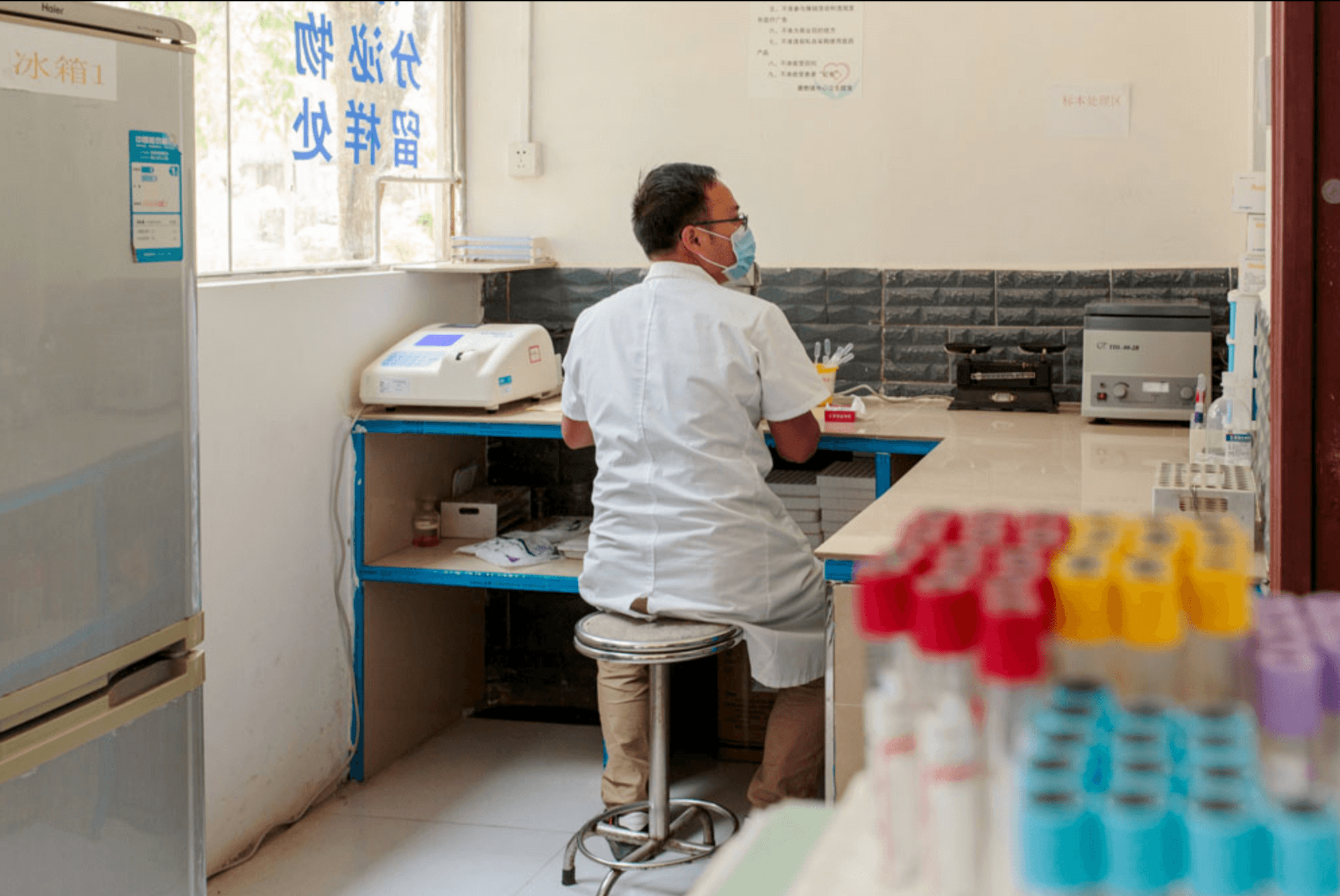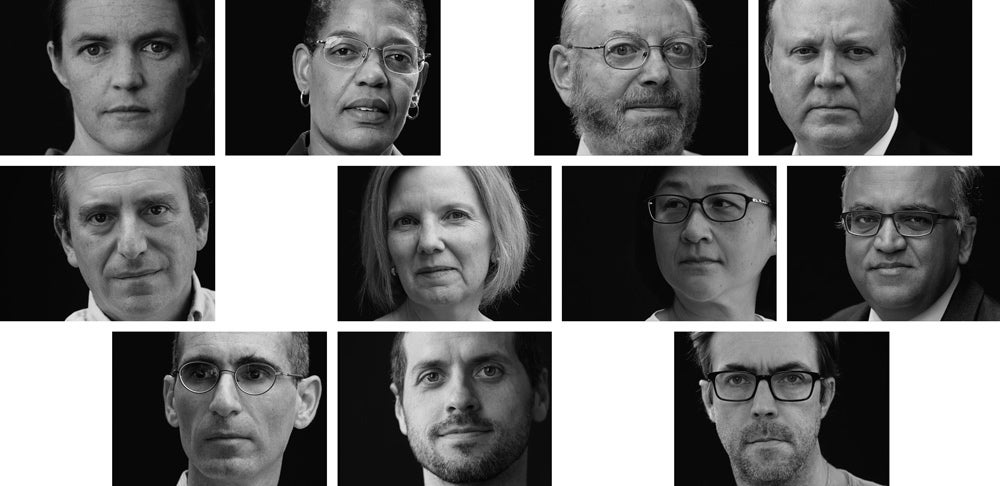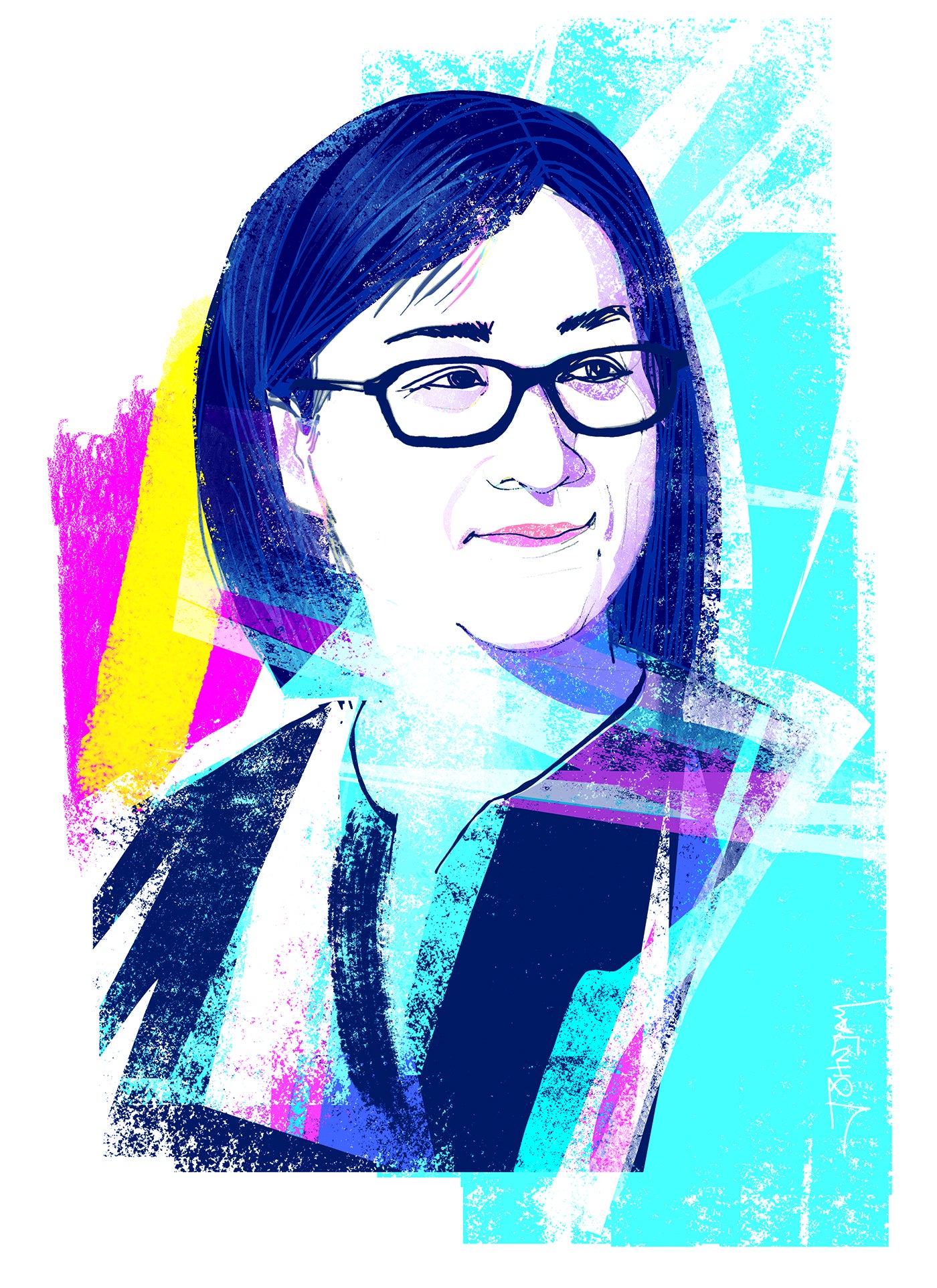Patient satisfaction and value based purchasing in hospitals, Odisha, India.
Woskie L, Kalita A, Bose B, Chakraborty A, Gupta K, Yip W.
Bull World Health Organ. 2024 Jul 01. 102(7):509-520. PMID: 38933484
Professor of the Practice of Global Health Policy and Economics
Health Systems Group
Dr. Winnie Yip is Professor of the Practice of Global Health Policy and Economics in the Department of Global Health and Population at the Harvard T.H. Chan School of Public Health, serves as the Faculty Director of the school wide China Health Partnership, and recently completed her appointment as Acting Director of the Fairbank Center for Chinese Studies at Harvard University. Dr. Yip was previously a Professor of Health Policy and Economics at the Blavatnik School of Government, University of Oxford, and Senior Research Fellow of Green Templeton College, Oxford, where she was director of the Global Health Policy Program.
Dr. Yip holds a PhD in Economics from the Massachusetts Institute of Technology. Her research focuses on: 1) the design, implementation and evaluation of systemic health care interventions, for improving affordable and equitable access to and the efficiency and quality of health care delivery, especially for the poor; 2) modeling and evaluating the effects of incentives on the behavior of providers (organization and individual) and patients.
Yip's research encompasses both why health systems fail and how to improve them for the benefit of the people they serve. Her approach typically involves large-scale social experimentation of health system interventions by using experimental design. She integrates economics, organization theory, management, and political economy to examine the use of national and state-level policy levers—including financing, provider payment, strategic purchasing, governance, and regulation—to leverage delivery system change. With a network of Chinese universities, Dr. Yip's ongoing research projects cover over 25 million people in the low income provinces in China. She is particularly interested in the implications of China’s ageing population for the country’s health system and in designing and piloting innovative eldercare systems to support older adults in living meaningful lives.
In addition to China, Dr. Yip has studied and advised health care reforms in the wider Asia region, including Hong Kong, Taiwan, India, Thailand, Malaysia, Vietnam, and she has extensive experience in executive training courses for senior health policymakers. She was the founding director of the Asia Network for Health System Strengthening.
Yip often works in close collaboration with governments and she has extensive experience leading interdisciplinary teams with expertise in public health, economics, political economy, evaluation science, epidemiology, quality of care, marketing science, and management.
Dr. Yip is the immediate past President of the International Health Economics Association (iHEA). She has served as an adviser to many international agencies, including the World Bank and the World Health Organization, and notably to the most recent World Bank's Healthy China study that top Chinese leaders have accepted into their next Five Year Plan on Health. She has also been a member of the Sustainable Development Solutions Network and the National Academy of Medicine's Standing Committee on Health Systems Strengthening. She is a Senior Editor of Social Science and Medicine (Health Policy editorial office), Associate Editor of Health Economics and Health Systems & Reform and serves on the editorial board for several other health policy publications.
Dr. Yip has published extensively in top policy and economics journals, such as the Lancet, Health Economics. Her work has been funded by the National Science Foundation, the Bill and Melinda Gates Foundation, the Health Result Innovation Trust Fund (HRITF) of the World Bank, the European Union Commission, the Economics and Social Science Research Council.
BA, 1988, Economics
University of California, Berkeley
Ph.D, 1994, Economics
Massachusetts Institute of Technology
Woskie L, Kalita A, Bose B, Chakraborty A, Gupta K, Yip W.
Bull World Health Organ. 2024 Jul 01. 102(7):509-520. PMID: 38933484
Tsuei SH, Yip WC.
Int J Health Plann Manage. 2024 May 13. PMID: 38741468
Cheng TC, Sylvia S, Yip W.
Lancet Reg Health West Pac. 2024 May. 46:101070. PMID: 38645740
Si Y, Xue H, Liao H, Xie Y, Xu DR, Smith MK, Yip W, Cheng W, Tian J, Tang W, Sylvia S.
Health Policy Plan. 2024 Mar 12. 39(3):307-317. PMID: 38113375
Hongqiao Fu, Terence C. Cheng, Jiajia Zhan, Duo Xu, Winnie Yip.
Journal of Economic Behavior and Organization. 2024. 220(2024):531-557.
Hsiao WC, Yip WC.
Soc Sci Med. 2024 Mar. 345:116665. PMID: 38418335
Levy M, Buckell J, Clarke R, Wu N, Pei P, Sun D, Avery D, Zhang H, Lv J, Yu C, Li L, Chen Z, Yip W, Chen Y, Mihaylova B.
Lancet Reg Health West Pac. 2024 Apr. 45:101020. PMID: 38380231
Huang Y, Xu D, Tsuei SH, Fu H, Yip W.
Health Syst Reform. 2023 12 31. 9(1):2215552. PMID: 37314380
Ren M, Zhang T, Xu J, Qiao J, Qiao J, Zhan S, Qin J, Song D, Fang Y, Lin Y, Jiang X, Guo Y, Meng Q, Qian X, Liu Y, Chan SSC, Zhao F, Yip W, Wang H, Wang M, Yin H, Liu Z, Li N, Song X, Liu F, Jin Y, Liu F, Huang Y.
Glob Health Res Policy. 2023 Dec 18. 8(1):53. PMID: 38105284
Yip W, Fu H, Jian W, Liu J, Pan J, Xu D, Yang H, Zhai T.
Lancet Public Health. 2023 Dec. 8(12):e1025-e1034. PMID: 38000882
How China vanquished malaria—and what African countries can learn from the experience—was the focus of a digital symposium cosponsored by Harvard.

Harvard Worldwide Week 2020 showcases the breadth of the University’s global engagement through a host of virtual offerings and features a host of Harvard Chan School experts.

Harvard Chan School scientists at the forefront of the pandemic response share their stories of stress, exhaustion, anger, grief, gratitude, and soul-searching.

A Harvard T.H. Chan School of Public Health project to conduct genetic surveillance of malaria parasites in China is one of seven projects to receive grants this year from the Harvard Global Institute (HGI). Led by Dyann Wirth,…
Fifty years ago, during the Cultural Revolution in China, a cadre of “barefoot doctors” were dispatched to provide basic health care for their rural communities. Winnie Yip believes the program continues to hold lessons for today.
